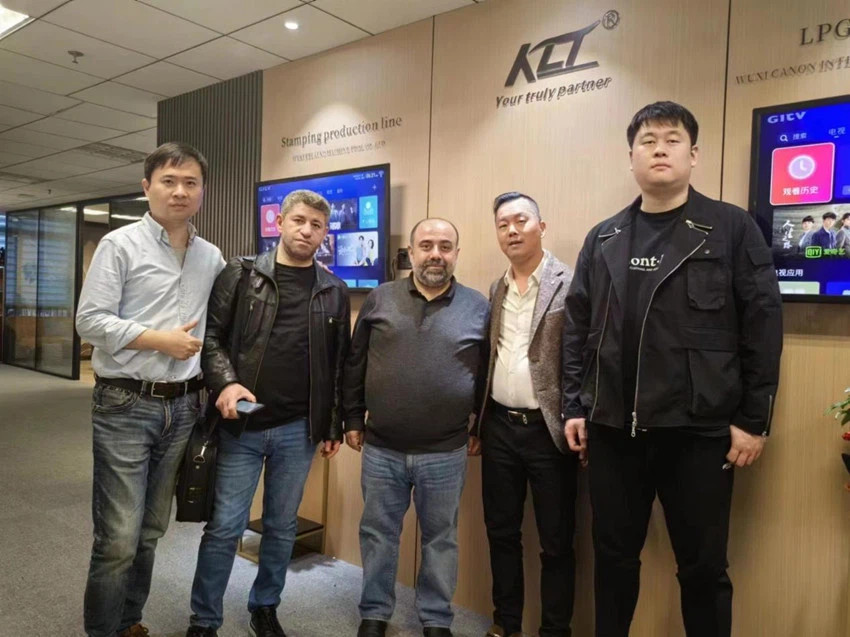First, analyze the initial startup of the hydraulic pump of the three-beam four-column hydraulic press. There are two situations in the initial startup. One is the newly installed hydraulic equipment to be debugged; the other is the equipment that has not been started for a long time. At the initial start-up, the hydraulic pump needs to be filled with oil (especially the vane pump and the plunger pump) to remove the air in the pump and lubricate the moving parts in the pump, so that the pump can work normally. Otherwise, the parts in the pump will be rapidly worn out or even destroyed. For example, in a vane pump, due to poor lubrication between the vane and the rotor slot, the vane cannot be thrown out or cannot enter the rotor slot, which will scratch the inner surface of the stator and even break the vane.
Similarly, there is no oil in the plunger pump of the three-beam four-column hydraulic press, and there is no static pressure formed between the sliding shoe and the swash plate, resulting in severe wear. In addition, because the air is compressible, the air that cannot be discharged from the pump produces a lot of vibration and abnormal noise, causing the hydraulic oil to not be sucked up. Another situation is the intermittent use of hydraulic equipment. Some air has entered the hydraulic pump, but there must be a certain amount of hydraulic oil in the pump, which explains that the hydraulic equipment has not been out of use for a long time. When oil is filled in the pump, other corresponding measures can be taken to remove the air in the pump, so that the hydraulic pump can operate normally.
Because the setting pressure of the relief valve of the three-beam four-column hydraulic press is relatively high, and the neutral function of the three-position four-way valve is Y type, the oil discharge pipeline of the hydraulic pump is closed, so that after the pump is started, the air in the pump and the oil discharge pipe cannot be discharged. When it is discharged, the pump suction chamber cannot form a partial vacuum, so the hydraulic oil cannot be sucked up. If the neutral function of the three-position four-way reversing valve is changed to H type, the air in the oil discharge pipe and part of the air in the pump can be discharged into the oil tank through the reversing valve, and the oil suction chamber of the hydraulic pump can form a partial vacuum, so The pump sucks oil normally.
In addition, it is also possible to slowly loosen the pressure gauge joint on the oil discharge side of the pump to exhaust the air, and then tighten the joint after the air is completely exhausted, or reduce the adjustment pressure of the relief valve to the minimum value, and wait until the air is exhausted. After the hydraulic pump works normally, the pressure value of the hydraulic system is re-adjusted. The above measures can realize the normal oil suction process when the hydraulic pump is initially started. 1> The initial start of the hydraulic equipment is a very important stage. It is necessary to improve all technical preparations. It can be started only after the approval of the relevant technical personnel. Otherwise, the relevant parts of the hydraulic system, such as the hydraulic pump, may be damaged.



